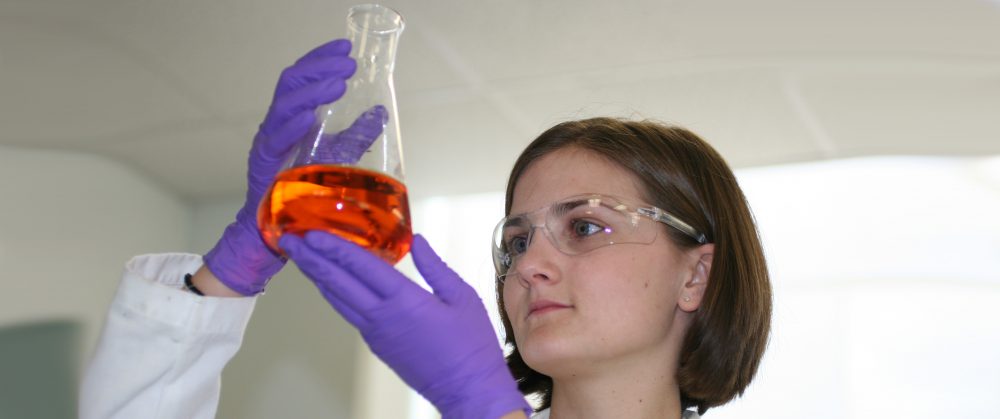Abstract:
Racial microaggressions and their influence on mental health were examined among African American doctoral students and graduates of doctoral programs. Using a mixed-methods approach, the current study first identified the types of microaggressions reported by African American participants (N = 97) and then investigated the mechanism by which these experiences influence mental health over time with a separate sample of African Americans (N = 107). The qualitative findings revealed three categories of microaggressions including Assumption of Criminality/Second-Class Citizen, Underestimation of Personal Ability, and Cultural/Racial Isolation. The quantitative analyses found support for a moderated-mediational model by which Underestimation of Personal Ability was associated with greater perceived stress at one-year follow-up, which in turn was related to greater depressive symptoms. Active coping was found to moderate the racial microaggression-perceived stress link such that individuals who endorse active coping behaviors reported lower perceived stress. These findings are discussed in terms of practical and theoretical implications regarding the role of racial microaggressions in the lives of high-achieving African Americans and the mechanisms by which these experiences contribute to mental health problems.
Read More: https://guilfordjournals.com/doi/10.1521/jscp.2010.29.10.1074
Cite: Torres, L., Driscoll, M. W., & Burrow, A. L. (2010). Racial microaggressions and psychological functioning among highly achieving African-Americans: A mixed-methods approach. Journal of Social and Clinical Psychology, 29, 1074-1099.
